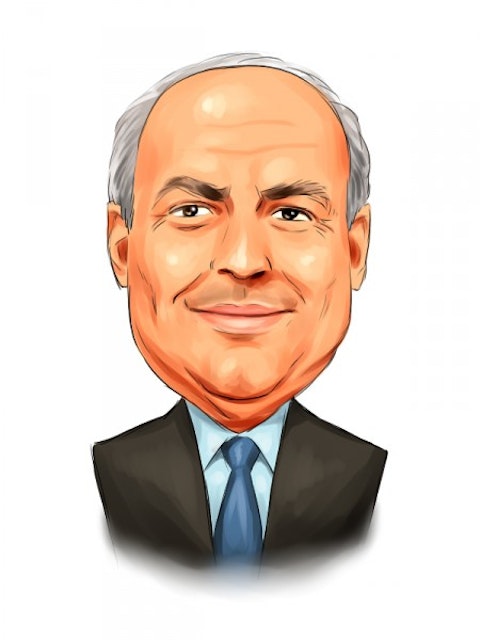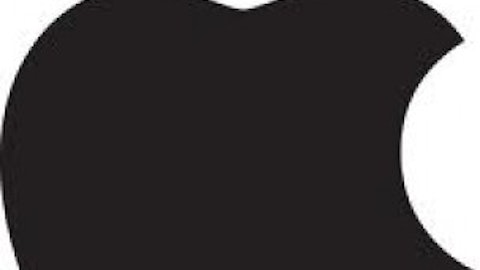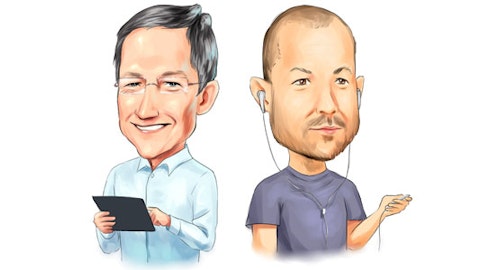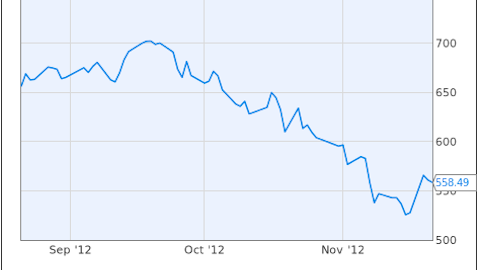Research In Motion Limited (NASDAQ:RIMM) rose 34% during Thanksgiving week as analysts provided high sales targets for the new BlackBerry, an achievement which would reverse a trend away from the once-ubiquitous devices and toward smartphones such as Apple Inc. (NASDAQ:AAPL)’s iPhone. The stock is still down 25% year to date, but investors seem to be snapping up the opportunity to buy the distressed company at its current valuation (helped, no doubt, by squeezing short sellers and a period of low volume in the markets).
Prem Watsa, who has been called “the Warren Buffett of Canada” for his investing success and his attempts to follow a strategy similar to that of the legendary investors, has been one of Research In Motion Limited’s strongest supporters. His Fairfax Financial Holdings nearly doubled its stake in the company during the third quarter of the year to a total of 52 million shares (see more of Prem Watsa’s stock picks). Renaissance Technologies, whose success since inception has made founder Jim Simons a billionaire, more than doubled the size of its own position in the stock while Tiger Cub Andreas Halvorsen at Viking Global initiated a position of 4.6 million shares.
In the second quarter of Research In Motion’s fiscal year (which ended in August), the company reported a 31% decline in revenue versus a year earlier (though sales were up slightly on a q/q basis). The company lost $142 million after adding back some restructuring costs; as in the case of revenue, this was an improvement over what the company had done in the first quarter of the fiscal year but was a much poorer result than the same period last year. Research in Motion Limited is not expected to generate positive earnings in the current fiscal year (which ends in February 2013) or even in the year after that. However, if the company can make a comeback then its business-oriented user base could turn back to the Blackberry. In addition, some investors in the company claim that at a low enough price Research In Motion could be an attractive acquisition for companies such as Microsoft Corporation (NASDAQ:MSFT).
Nokia Corporation (NYSE:NOK) is in a similar position to that of Research in Motion: stock price down, revenue down (19% lower in the third quarter of 2012 than in the same period last year), unprofitable and not expected to be profitable next year. Interestingly, its stock price also rallied during Thanksgiving week with a 31% rise. Again, some of this could be short covering, and some of it could be takeover hopes; it certainly seems unlikely that both Nokia and Research In Motion could gain in market share over the next year, though it’s certainly not impossible that one of the two could do so.
Still, we can’t help but think that Apple is still a great buy in the technology sector. A recent pullback has priced it at only 13 times trailing earnings, meaning that the company needs very little earnings growth if any to justify the current price. Of course, even despite Apple’s massive size its revenue and net income have been growing at double-digit rates compared to a year ago, and sell-side analysts place the stock at only 10 times consensus earnings for 2013.
Google Inc (NASDAQ:GOOG) and Microsoft are tougher calls, as they are dealing with the integration of Motorola Mobility Holdings and the release of an uncertain-quality Windows 8, respectively, but they are at least profitable. The forward P/E multiples are 14 for Google- which has seen a pullback in its own stock price following a disappointing quarterly report- and 9 for Microsoft (in that case, partly due to a temporary earnings bump from the releases of Windows and Office). We’d also note that Apple, Google, and Microsoft grabbed three of the top four places on our list of the most popular stocks among hedge funds for the third quarter of the year (see the full rankings).
We’d hesitate to join the RIMM bandwagon. The markets seem to be wildly optimistic on both it and on Nokia, based merely on projections of Blackberry sales in the case of Research in Motion. It’s better to stick to Apple, and other megacap tech stocks are likely better buys as well.






